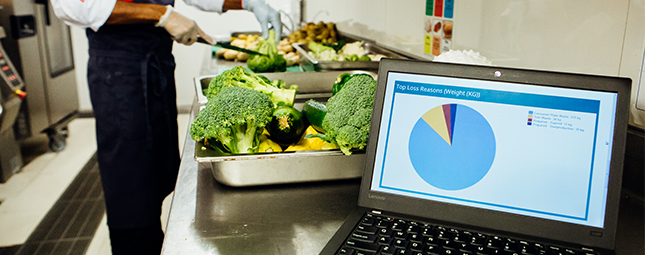40 Million pounds of food waste prevented in 5 years

Leanpath has long been dedicated to scaling food waste prevention. This is reflected in our mission – to make food waste prevention and measurement everyday practice in the world’s kitchens.
We reached another important milestone this month toward that goal, exceeding 40 million pounds of food waste prevented since 2014 alone.
That’s a big number. Let’s take a moment to process what it means. We often talk about food waste being invisible unless you pay attention to it: the “elephant in the kitchen,” . So for a meaningful visual, let’s consider the amount of food waste we’ve prevented over the last five years in terms of elephants: it would the same weight as about 3,300 elephants.
And if you consider that most humans consume about four pounds of food per day, that savings is equivalent to one day’s food consumption for 10 million individuals.
Further, let’s look at the environmental benefit of food waste prevention. The decomposition of food waste in landfills is a major source of greenhouse gas emissions, specifically methane emissions. By preventing 40 million pounds of food waste from typical foodservice operations going to landfill, we mitigate climate change by avoiding more than 126,000 metric tonnes of CO2 equivalent. That savings is equivalent to removing the annual emissions from more than 26,000 passenger vehicles, or conserving more than 14.2 million gallons of gasoline. And since agriculture consumes about 70 percent of fresh water supplies, preventing wasted food saves scarce water resources. Our impact in preventing food waste over the last five-plus years translates to a savings of more than 16 billion gallons of water – enough to fill more than 24,000 Olympic swimming pools. And by preventing the needless production of food, we preserve soils, and augment efforts to ease pressure on deforestation, species decline, and marine pollution.
Preventing food waste has far-reaching social and environmental benefits, while reducing costs for organizations and increasing engagement of the workforce.
We’re thrilled that we’ve prevented more than 40 million pounds of food waste in the last five years, and with our continued global expansion, we’re excited to get to the next 40 million even more quickly.
Frontline foodservice workers are the real game changers in the global fight against food waste. See our customers' path to success in these case studies.

